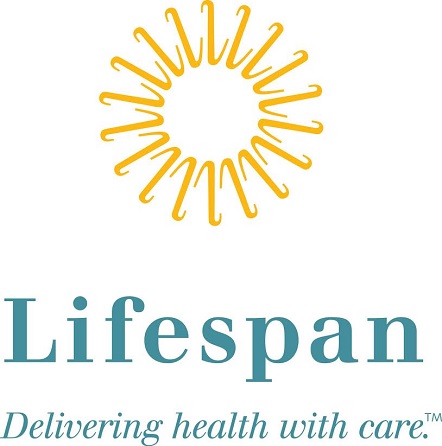PROVIDENCE – Lifespan Corp. has reported an operating loss of $23.8 million for the month of March, an amount that equals the state’s largest hospital system’s losses for all of fiscal year 2019.
March’s deficit is directly linked to costs related to the COVID-19 pandemic, said Lifespan’s President and CEO, Dr. Timothy J. Babineau, who voluntarily stopped receiving a salary on April 1 in response to the losses.
Patient traffic at the system’s hospitals and outpatient clinics has reduced dramatically since the virus appeared in Rhode Island, forcing the cancellation of many non-emergency appointments and surgeries.
On top of that, Lifespan has had to absorb the costs of preparing to care for COVID-19 patients, including overtime for employees, purchasing protective equipment for staff and testing and lab expenses.
Lifespan has seen its elective surgeries and emergency room visits drop to half, Babineau said on Wednesday.
“It’s fairly consistent across the board… In the month of March volume at all of Lifespan’s inpatient and outpatient facilities is down by 50%,” he said.
The health system had already spent $8.9 million in restructuring efforts after reporting a $23 million operating loss and a net loss of $34.9 million for fiscal year 2019 in December.
March’s losses increase to $32.7 million when restructuring costs are factored in, and jump to an overall net loss of $75.7 million after including investment losses of $41.1 million.
“From a purely financial standpoint, this crisis could not have come at a worse time for Lifespan, since we were beginning to reap the financial benefits of our restructuring efforts that began at the end of last year,” Babineau said in a statement released early Wednesday morning.
Lifespan’s losses could approach $100 million by the end of May, he added.
In December, he’d predicted that Lifespan would spend the next year turning its 2019 numbers around. He set a public goal of achieving $1 million in operating income for fiscal year 2020.
Lifespan laid off 55 people from its corporate-services office in early March, and announced that another 216 employees had agreed to voluntary early retirement by March 28.
At the same time that layoffs were announced in March, Lifespan also said it had eliminated 87 positions, including 24 that were vacant and eight that were part of the early retirement program.
Overall, the cuts meant a 5% decrease in Lifespan’s corporate workforce.
No additional cuts are planned, although about 1,000 employees remain out on furlough due to decreased volume at some clinics and offices, Babineau said.
Many of that number were furloughed voluntarily, he said. All remain Lifespan employees, and most worked in support positions in offices or clinics where patient volume has dropped due to COVID-19.
“We have not laid anyone off as a result of this crisis,” Babineau said.
Thanks to a $25.1 million federal grant received earlier this month, April’s losses won’t compare to last month’s, but that money won’t go far, said Mamie Wakefield, Lifespan’s chief financial officer.
“We need a lot more of that [federal relief] in order to manage through this,” she said.
More federal money is on the way, but since it is based in part on the number of COVID-19 patients treated through April 10, Wakefield worries that the amount won’t cover expenses from a potential surge of hospitalizations.
“Rhode Island is a little behind, we are still anticipating that ours may be the first week of May,” Wakefield said.
Lifespan, which employs more than 15,000, has treated about 80% of Rhode Island’s COVID-19 patients who are ill enough to require hospitalization, he said. Rhode Island Hospital and The Miriam Hospital have seen the majority of patients, which have averaged about 200 per day across Lifespan’s hospital network. About 40 to 50 COVID-19 patients are currently in its intensive care units. So far, 244 people have been discharged from its hospitals, Babineau said.
Elizabeth Graham is a PBN staff writer. You may reach her at Graham@PBN.com.













